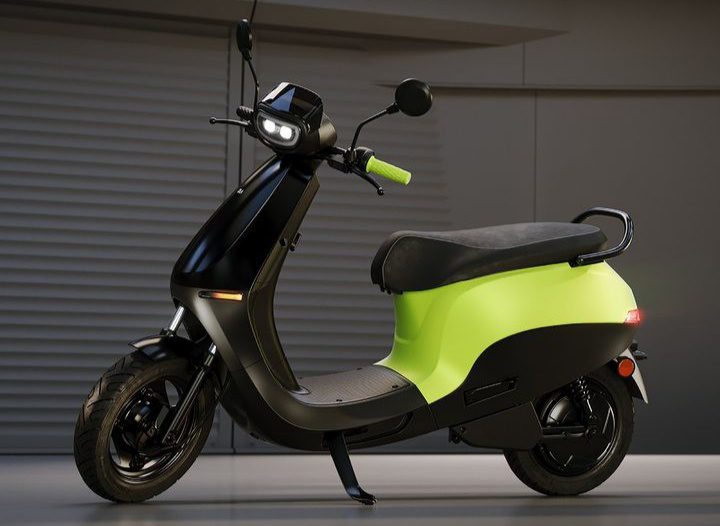Ola Electric, a subsidiary of India’s leading mobility platform Ola, has been making waves in the e-scooter market with its ambitious plans and innovative products. The company aims to become a global leader in electric mobility by offering affordable, high-performance, and smart e-scooters that cater to the needs and preferences of urban consumers.
Ola Electric launched its first e-scooter, the Ola S1, in August 2021, and received an overwhelming response from the customers. The company claimed to have sold over 70,000 units in the first 24 hours of opening the online bookings, making it the most pre-booked scooter in the world. The Ola S1 comes in two variants, the S1 and the S1 Pro, with prices ranging from $1,050 to $1,300. The e-scooters boast features such as a top speed of 115 km/h, a range of up to 181 km, a digital dashboard, voice control, cruise control, hill hold, reverse mode, and an anti-theft system.
However, the company also faced some challenges in delivering the e-scooters to the customers, such as delays, glitches, fire incidents, and regulatory hurdles. The company apologized for the inconvenience and assured the customers that it was working hard to resolve the issues and improve the customer experience. The company also opened offline experience stores across India to allow customers to test ride and purchase the e-scooters. The company said it plans to open over 200 stores by March 2023.
Ola Electric is not only eyeing the Indian market but also expanding its presence in the international markets. The company announced that it will enter Nepal in the next quarter, partnering with CG Motors as the local distributor for its e-scooters. The company also said it plans to enter LATAM, ASEAN, and EU in the next phase, increasing its presence in up to five international markets. Ola Electric’s founder and CEO, Bhavish Aggarwal, said that the company is committed to creating the EV paradigm for the rest of the world by building half of the vehicles for global needs in India.
Ola Electric is also venturing into the four-wheeler segment, with the unveiling of its first electric car prototype in December 2021. The company said it will invest $2 billion in building a state-of-the-art electric car factory in Tamil Nadu, India, with a capacity of 10 million units per year. The company also received the government’s approval under the production-linked incentive (PLI) scheme for manufacturing EVs and battery cells, which will help the company reduce cost and increase the efficiency of its products.
Ola Electric is clearly on a mission to revolutionize the electric mobility sector in Asia and beyond, with its vision, innovation, and scale. The company has the potential to become a game-changer in the e-scooter market and challenge established players such as Hero Electric, Ather Energy, TVS Motor, and Bajaj Auto. The company also has the opportunity to tap into the growing demand for electric cars and compete with the likes of Tesla, Hyundai, and Tata Motors. Ola Electric’s journey is taking shape, and it will be interesting to see how it unfolds in the coming years.

